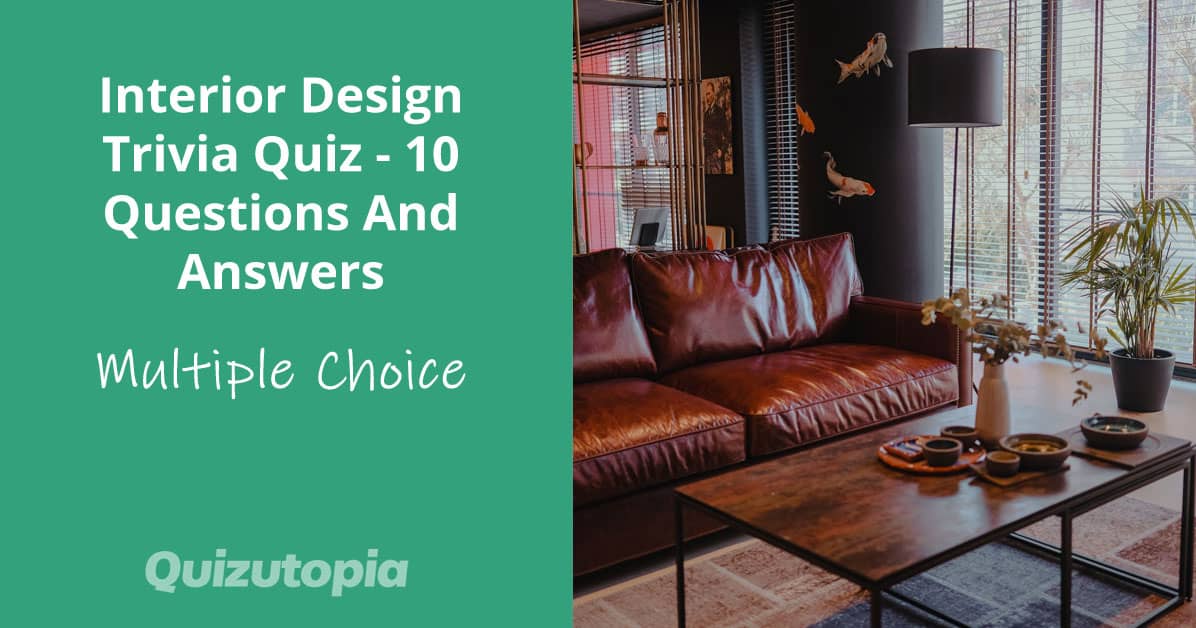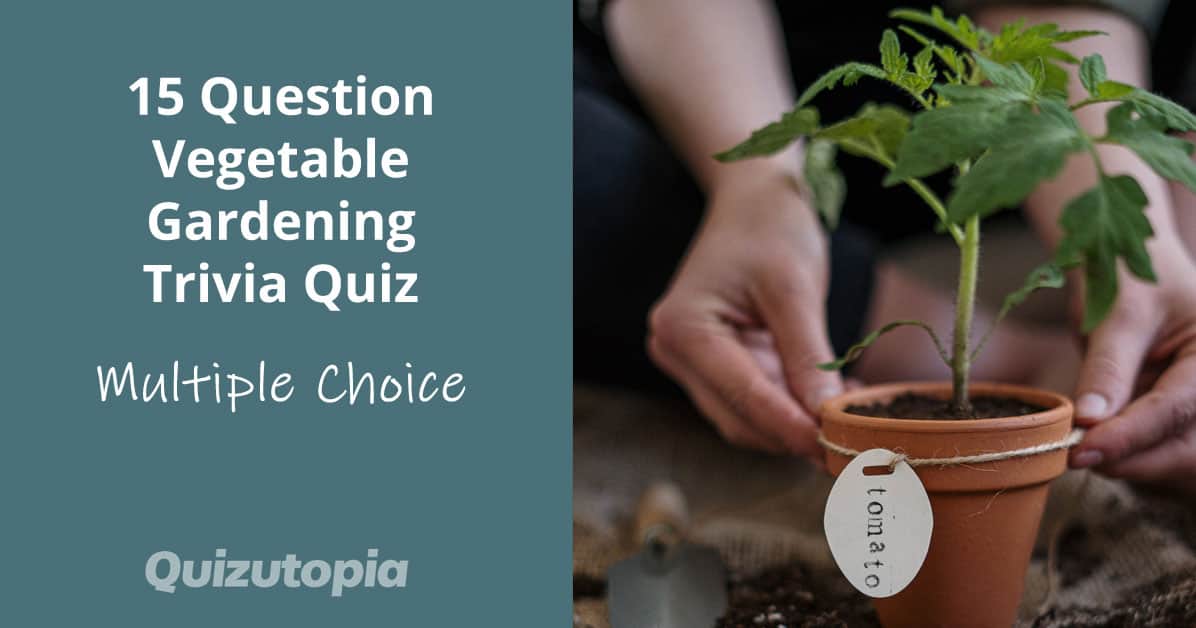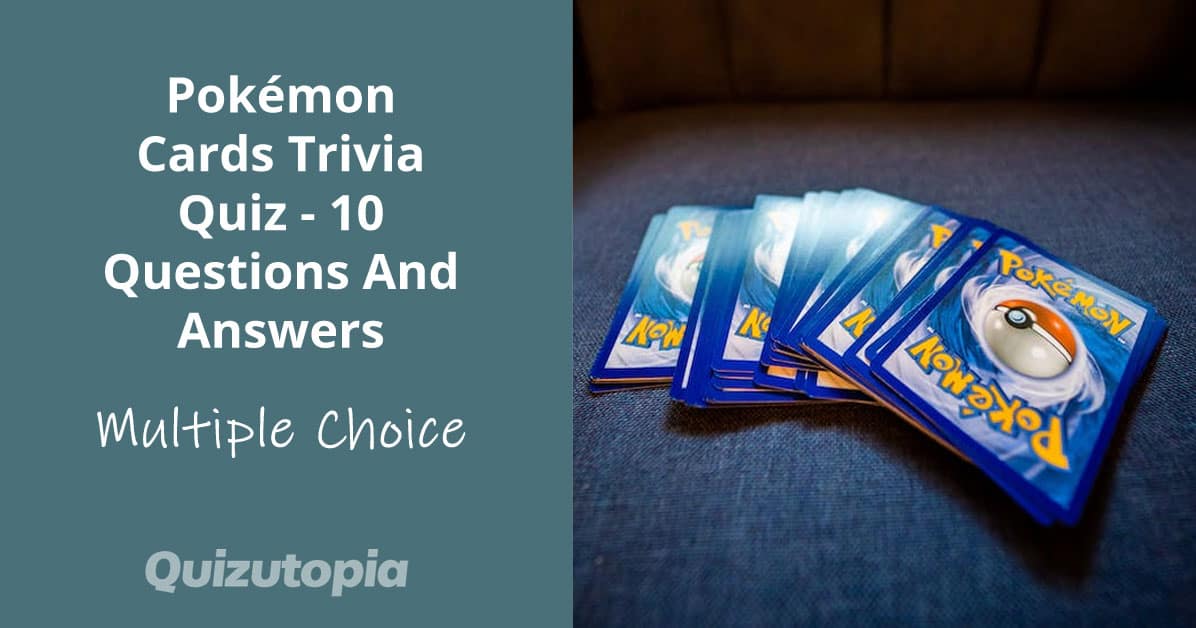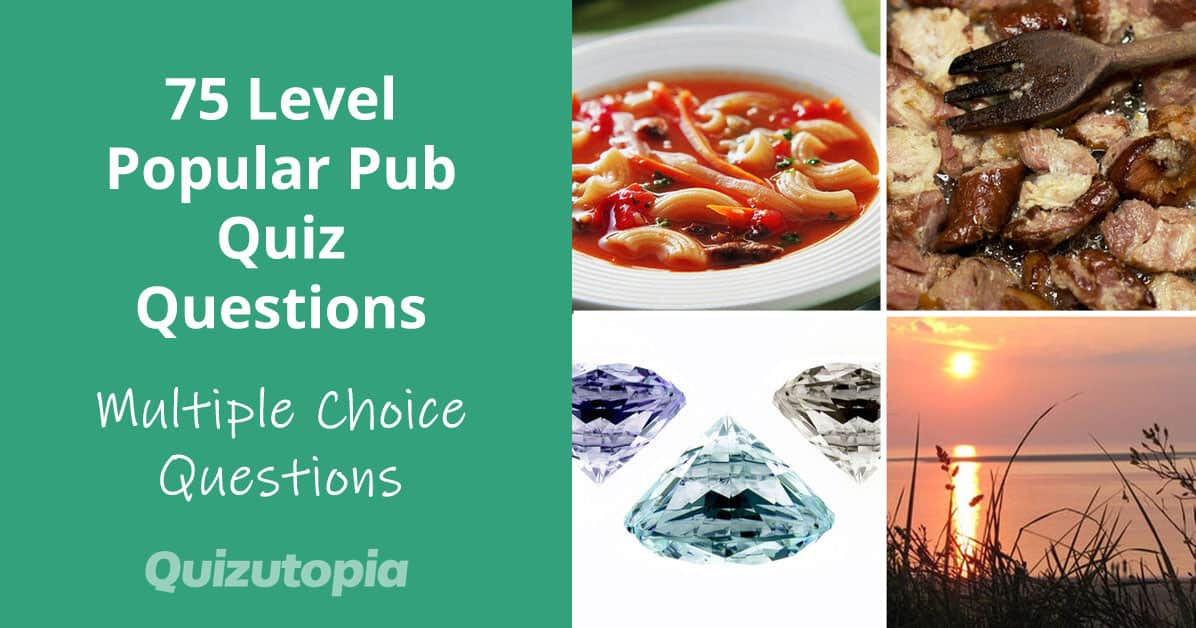Living on a self-sufficient homestead is a dream for many people seeking a more sustainable lifestyle. It involves growing your own food, raising livestock, and generating your own energy, among other things. But how much do you really know about self-sufficient homesteading?
In this trivia quiz, we’ll test your knowledge with 20 questions covering everything from garden planning to renewable energy sources. So whether you’re a seasoned homesteader or just starting to explore the idea of self-sufficiency, this quiz is sure to provide a fun and informative challenge.
Get ready to put your homesteading knowledge to the test and see how much you really know about living off the land!

Subscribe to our mailing list to receive FREE exclusive quizzes and offers!
- What is the primary purpose of rainwater harvesting?
- To prevent flooding
- To filter drinking water
- To water plants during rainfall
- To collect and store rainwater for later use
The correct answer is To collect and store rainwater for later use.
Rainwater harvesting systems collect and store rainwater from rooftops or other surfaces to be used later for irrigation, flushing toilets, or even as drinking water if properly treated. - What type of garden is designed to require minimal maintenance and resources?
- Vegetable garden
- Rock garden
- Permaculture garden
- Flower garden
The correct answer is Permaculture garden.
Permaculture gardens are designed to mimic natural ecosystems, using plants and techniques that work together to create a self-sustaining, low-maintenance garden. - Which renewable energy source is most commonly used for residential heating and cooling?
- Hydropower
- Geothermal energy
- Wind energy
- Solar energy
The correct answer is Solar energy.
Solar energy, often harnessed through solar panels, is a popular choice for residential heating and cooling due to its accessibility and relatively low installation costs. - What is the primary purpose of a compost bin?
- To collect rainwater
- To decompose organic waste into nutrient-rich soil
- To store trash
- To grow plants
The correct answer is To decompose organic waste into nutrient-rich soil.
Compost bins are used to decompose organic waste, such as food scraps and yard waste, into nutrient-rich soil that can be used to fertilize plants.
- Which of the following is NOT a benefit of using a clothesline instead of a dryer?
- Longer-lasting clothing
- Reduced carbon emissions
- Energy savings
- Reduced noise pollution
The correct answer is Reduced noise pollution.
Using a clothesline instead of a dryer can save energy, reduce carbon emissions, and extend the life of your clothing, but it does not have a significant impact on noise pollution. - What is a common material used for insulating a home to improve energy efficiency?
- Fiberglass
- Cardboard
- Plastic
- Wood
The correct answer is Fiberglass.
Fiberglass insulation is commonly used in homes to reduce heat transfer, improving energy efficiency and reducing heating and cooling costs. - Which of the following is NOT a sustainable method of pest control?
- Intercropping
- Chemical pesticides
- Crop rotation
- Biological control
The correct answer is Chemical pesticides.
Sustainable pest control methods include biological control, crop rotation, and intercropping, while chemical pesticides can harm the environment and contribute to pest resistance. - What is the purpose of a greywater system?
- To filter drinking water
- To collect rainwater
- To heat water
- To reuse household wastewater for irrigation
The correct answer is To reuse household wastewater for irrigation.
Greywater systems collect wastewater from sinks, showers, and washing machines and reuse it for irrigation, reducing the need for fresh water in landscaping. - Which of the following is NOT a benefit of growing your own food?
- Improved food quality
- Reduced food miles
- Increased pesticide use
- Cost savings
The correct answer is Increased pesticide use.
Growing your own food can reduce food miles, improve food quality, and save money, but it does not necessarily increase pesticide use. - What is the purpose of a solar oven?
- To cook food using sunlight
- To generate electricity
- To dry clothes
- To heat water
The correct answer is To cook food using sunlight.
Solar ovens use sunlight to cook food, providing a sustainable and energy-efficient alternative to traditional cooking methods.
- What is a common use for reclaimed wood in home projects?
- Building furniture
- Water filtration
- Creating compost
- Insulating walls
The correct answer is Building furniture.
Reclaimed wood can be used to build furniture, providing a sustainable and often more affordable alternative to new lumber. - Which of the following is NOT a way to conserve water at home?
- Fixing leaks
- Collecting rainwater
- Watering plants during the hottest part of the day
- Installing a low-flow showerhead
The correct answer is Watering plants during the hottest part of the day.
Watering plants during the hottest part of the day can lead to increased evaporation and water waste. Other methods, such as installing low-flow showerheads, fixing leaks, and collecting rainwater, can help conserve water at home. - What is the primary purpose of a green roof?
- To provide insulation and reduce heat transfer
- To generate electricity
- To collect rainwater
- To filter drinking water
The correct answer is To provide insulation and reduce heat transfer.
Green roofs, which are covered in vegetation, provide insulation and reduce heat transfer, improving a building’s energy efficiency and reducing heating and cooling costs. - Which of the following is NOT a benefit of using LED light bulbs?
- Higher initial cost
- Longer lifespan
- Reduced carbon emissions
- Increased energy efficiency
The correct answer is Higher initial cost.
While LED light bulbs may have a higher initial cost, they offer increased energy efficiency, longer lifespans, and reduced carbon emissions compared to traditional incandescent bulbs.
- What is the primary purpose of a rain garden?
- To collect and store rainwater
- To filter stormwater runoff
- To grow food
- To provide a habitat for wildlife
The correct answer is To filter stormwater runoff.
Rain gardens are designed to filter stormwater runoff, reducing pollution and erosion by allowing water to slowly infiltrate the soil. - Which of the following is NOT a way to reduce energy consumption at home?
- Turning off lights when not in use
- Leaving appliances plugged in when not in use
- Insulating your home
- Using energy-efficient appliances
The correct answer is Leaving appliances plugged in when not in use.
Leaving appliances plugged in when not in use can lead to increased energy consumption due to standby power usage. Other methods, such as turning off lights, using energy-efficient appliances, and insulating your home, can help reduce energy consumption. - What is the primary purpose of a wind turbine?
- To provide shade
- To generate electricity from wind
- To collect rainwater
- To filter air pollution
The correct answer is To generate electricity from wind.
Wind turbines convert the kinetic energy of wind into electricity, providing a renewable and environmentally friendly energy source. - Which of the following is NOT a benefit of planting native plants in your garden?
- Support for local wildlife
- Reduced need for pesticides
- Increased water efficiency
- Increased need for fertilizers
The correct answer is Increased need for fertilizers.
Planting native plants can increase water efficiency, reduce the need for pesticides, and support local wildlife, but it does not necessarily increase the need for fertilizers. - What is the primary purpose of a solar water heater?
- To generate electricity
- To filter drinking water
- To cook food
- To heat water using sunlight
The correct answer is To heat water using sunlight.
Solar water heaters use sunlight to heat water, providing a sustainable and energy-efficient alternative to traditional water heating methods.
- Which of the following is NOT a way to improve indoor air quality?
- Using air purifiers
- Increasing ventilation
- Smoking indoors
- Removing sources of pollution
The correct answer is Smoking indoors.
Smoking indoors can negatively impact indoor air quality. Other methods, such as increasing ventilation, using air purifiers, and removing sources of pollution, can help improve indoor air quality.









